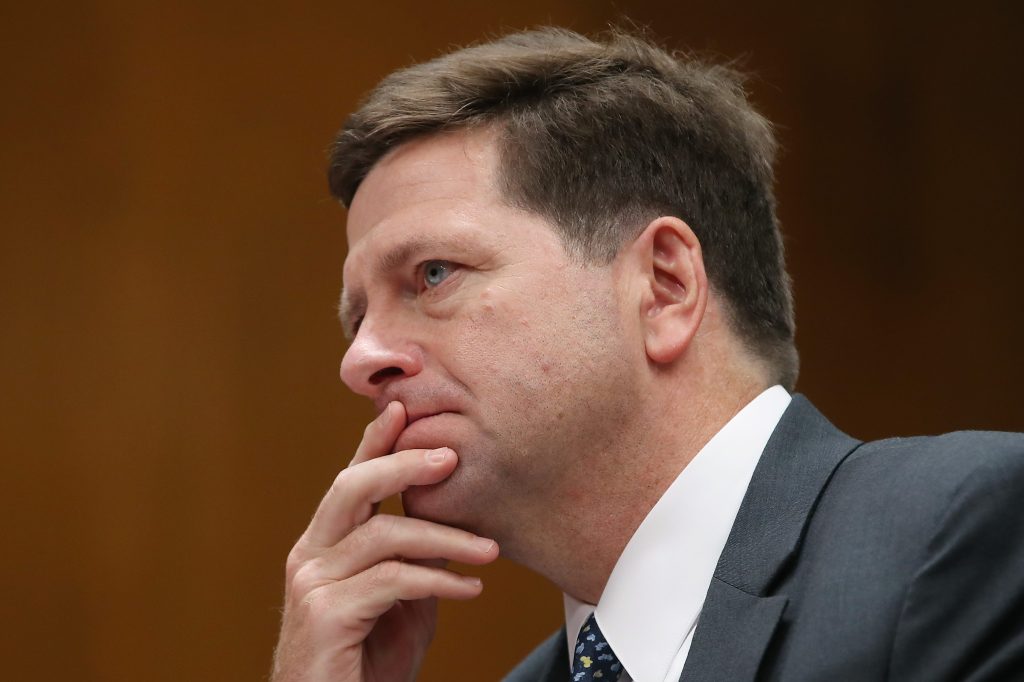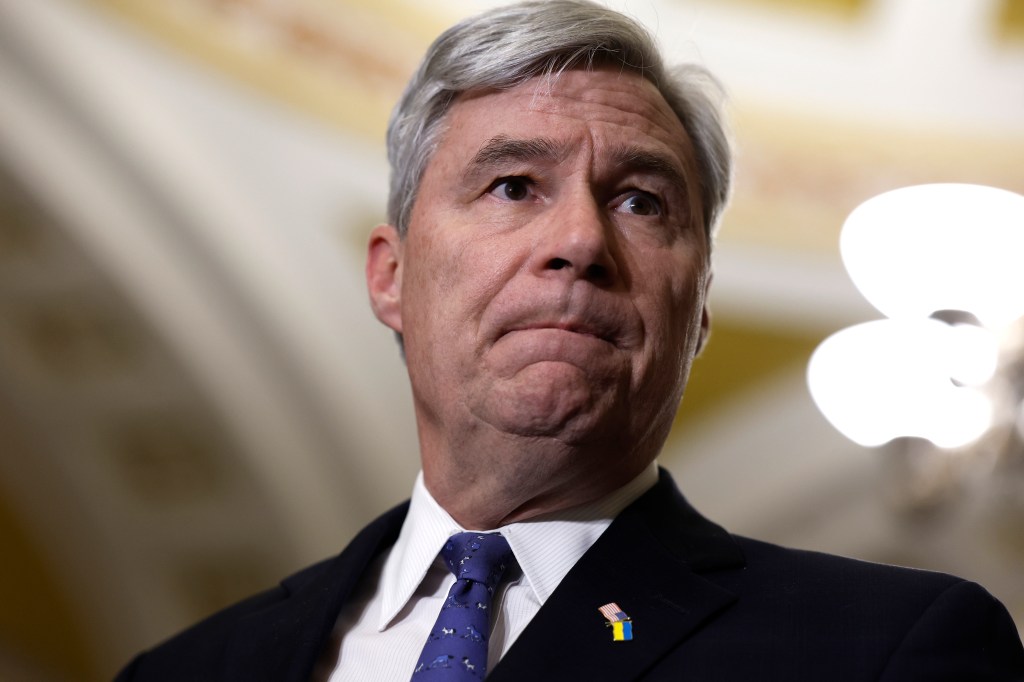A broad and bipartisan coalition of leaders worked together to develop and pass FEPA, and the law serves as the first expansion of US bribery and anti-corruption law in nearly 50 years.
The Act makes it a crime for a foreign official to demand or accept a bribe from an American
Register for free to keep reading
To continue reading this article and unlock full access to GRIP, register now. You’ll enjoy free access to all content until our subscription service launches in early 2026.
- Unlimited access to industry insights
- Stay on top of key rules and regulatory changes with our Rules Navigator
- Ad-free experience with no distractions
- Regular podcasts from trusted external experts
- Fresh compliance and regulatory content every day













